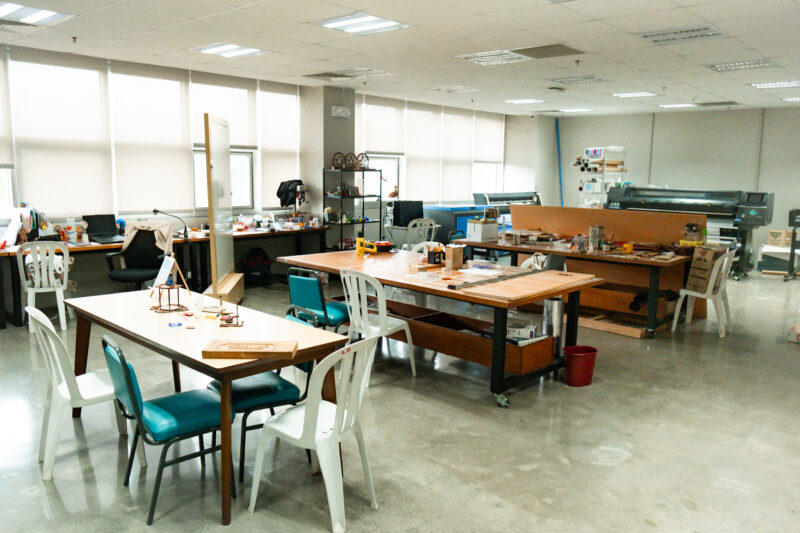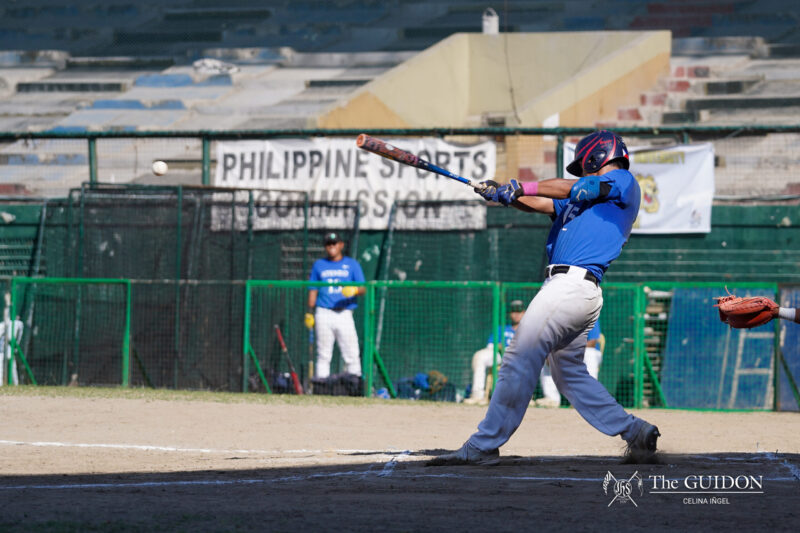The country’s social memory of the Marcos regime is one that has diverged over time and across generations. In Memory, Truth-telling, and the Pursuit of Justice: A Conference on the Legacies of the Marcos Dictatorship, Imelda Marcos defends Martial Law by calling it, “one of the best things that happened in Philippine history.” However, Martial Law was undoubtedly one of the darkest chapters of Philippine history, and what makes it worse is that it is barely or wrongly remembered by today’s generation.
This ignorance and social memory loss stems from the Philippine judicial system’s pursuit and fervor for justice, or lack thereof. The Marcoses and their supporters, who have been proven guilty for a number of crimes, have not been held accountable by our judicial system. These martial-law figures have successfully rehabilitated themselves back into society, through elections and appointments to office, which heavily aids in our denial or negligence of their crimes.
For example, Imee Marcos has become a senator, and her son has taken her position as governor of Ilocos Norte, with relatives bearing high positions in the province as well. It took 27 years for former First Lady Imelda Marcos to be convicted of her seven counts of graft for funneling public funds to overseas bank accounts. This begs the question if Martial Law ever truly left, since no one has been held accountable. If the guilty are able to assume power in the absence of any conviction, this lack of accountability makes it easier for us to forget what happened.
This is extremely dangerous because what we choose to remember and what we choose to forget both reflect our values as a nation. As a result, corruption is the norm today, with authorities learning that the law has no meaning beyond their willingness to enforce it.
Remembering the events and victims of Martial Law has the power to turn this around. The current judicial system promotes shortcuts and quick fixes while sacrificing long-term goals of justice and social equity. With low conviction rates, long trial times, and the impunity of the rich, our weak justice system leaves many holes and opportunities for crime and corruption.
Our values as a nation have been reflected in people’s increasing ability to not care, to remain indifferent. If we choose to always stay in the middle to “stay out of politics” and avoid confrontation, then we will always remain defenseless. A constant curiosity and relentless pursuit of the truth are necessary if we truly want to change society.
If this social memory loss persists, then we risk the chance of history repeating itself. We must make the atrocities of Martial Law less of a taboo topic in society and instead integrate them in our educational system, museums, and memorials. Many Filipinos today still do not know what happened during Martial Law, let alone why it happened. This will not only produce aware and educated Filipinos who can keep the judicial system on its toes, but also a nation grounded on a foundation of strong core values and the affirmation that this will never happen again.
Jerika Uy is a BS Management Engineering freshman and Beyond Loyola staffer of The GUIDON. She may be reached at jerika.uy@obf.ateneo.edu.
*The full version is published online at The Crest’s website.




